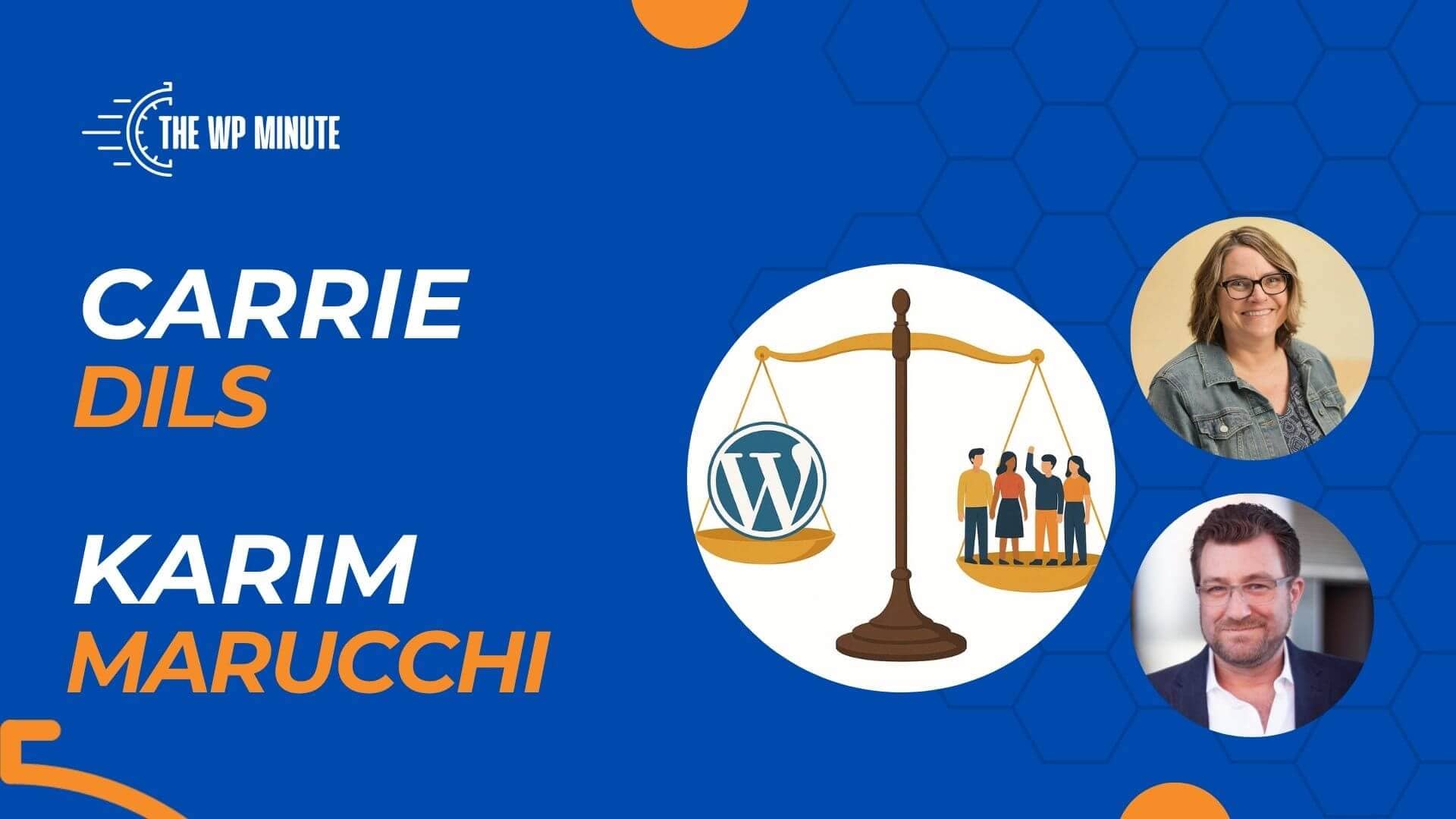Matt Mullenweg held court at the annual State of the Word event on December 15. Several topics were touched, including the use of Gutenberg outside of WordPress, the return of in-person Meetups and WordCamps, and the announcement of a Community Summit set to take place in 2023.
Mullenweg also detailed a change to the WordPress.org Plugin and Theme repositories. Taxonomies have been added that allow authors to categorize their products as “commercial” or “community” – among other labels. The goal is to help users better understand the purpose of and level of support provided by theme and plugin authors. The feature is opt-in, and it’s already being put to use by some products.
As usual, the event was packed with insight and information. The WP Minute has a handy summary of key moments, along with a full transcript. It’s accompanied by a video highlight package that condenses the entire event down to just over 16 minutes.
You’ll also want to check out State of the Word recaps from both Sarah Gooding at WP Tavern and Courtney Robertson at GoDaddy.
Links You Shouldn’t Miss
There’s a new competitor in the WordPress email newsletter space. WordPress.com Newsletter was announced this week. The feature allows users to publish new posts as email newsletters, collect subscribers, and design a template. Monetization features are in the works with details forthcoming. Meanwhile, our own Matt Medeiros offers his analysis of the product via a new video.
The subject of WordPress nostalgia seems to be popular these days. The WP Minute’s Eric Karkovack looks at why that is and how it could help us shape the future of the community.
Security firm Wordfence has released a free vulnerability database API. Hosting companies, security researchers, and individual users will have access to a continuously updated repository of vulnerabilities. The company hopes that the community “will turn this data into free and commercial security products that will improve the security of the WordPress community.”
What does the future look like for ClassicPress? The open source project is a fork of WordPress that retains the TinyMCE-based Classic Editor. A new poll asks users whether the content management system should be “re-forked” to WordPress 6.0 or continue along its current path, based on WordPress 4.9.
Classifieds listings buy yours
- Pressable makes it easy to manage sites with its award-winning control panel, but what if you’re managing sites across multiple accounts or hosts? Pressable is thrilled to announce its extension partnership with MainWP, which uses the Pressable API to provide a simple, yet powerful solution for this all-too-frequent challenge.
From the Grab Bag
Now it’s time to take a look at some other interesting topics shared by our contributors.
- Block Protocol is a project aimed at creating a universal block system. And although there is no official collaboration with WordPress, the project has announced plans for a WordPress plugin to be released in 2023.
- As users continue to wrestle with leaving Twitter, the subject of what happens to embedded tweets has become a hot topic. Developer Keanan Koppenhaver has launched TweetGrab, a WordPress plugin that will turn embedded tweets into images.
- Gutenberg is continuing to branch out beyond WordPress. Drupal Gutenberg 2.6 was recently released, improving block-based content building for the open-source CMS.
- The WordPress Training team has posted an Individual Learner Survey and is asking for public feedback. The results will help to shape the materials provided on the Learn WordPress website.
Video of the week
Subscribe at youtube.com/@wpminute
The WP Minute explores the new WordPress.com newsletter offering, which looks very Jetpack-ish. Because it is.
Thanks to all of the members who shared these links today:
- Justin Ferriman
- Courtney Robertson
Join The Newsletter
Get your favorite 5 minutes of WordPress news for busy professionals every week — 100% Free! Join the WP Minute Newsletter below 👇







